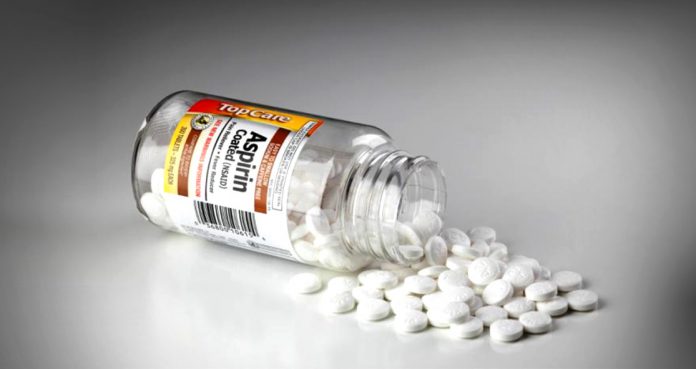A new study published in the American Journal of Respiratory and Critical Care Medicine has found that aspirin could help reduce the negative effects of air pollution.
Scientists from the universities of Columbia, Harvard, and Boston have examined the data collected from more than 2,200 male veterans, with an average age 73, from the Boston area, who were advised to undergo certain tests to evaluate their respiratory function.
The scientists looked at the link between the test results, the use of non-steroidal anti-inflammatory drugs (NSAIDs), and black carbon and ambient particulate matter. They also took a variety of factors into consideration, which also included the overall health status of the participants and whether or not they were smokers.
They found that using any NSAID, especially aspirin, reduced the negative effects of ambient particulate matter on respiratory function by half.
Ambient particulate matter can come from a wide gamut of sources, such as the burning of fossil fuels in vehicles.
First study author Xu Gao from the Department of Environmental Health Sciences at the Columbia Mailman School said, “Our findings suggest that aspirin and other NSAIDs may protect the lungs from short-term spikes in air pollution. Of course, it is still important to minimize our exposure to air pollution, which is linked to a host of adverse health effects from cancer to cardiovascular disease.” According to a previous study conducted by the researchers of Columbia University, B vitamins could help lessen the negative effects of air pollution.





















